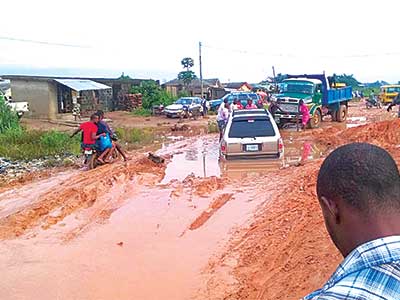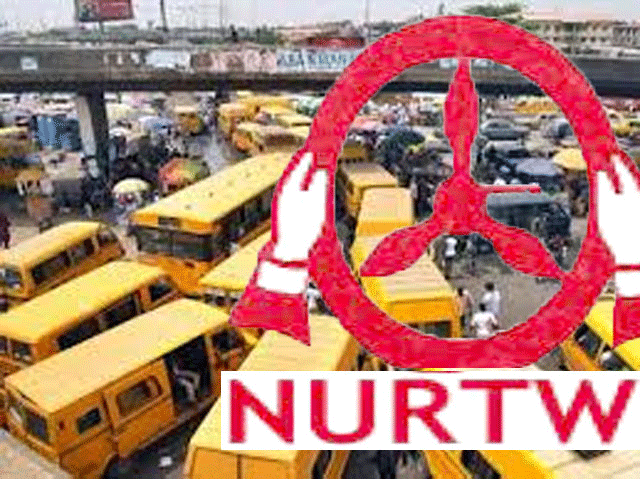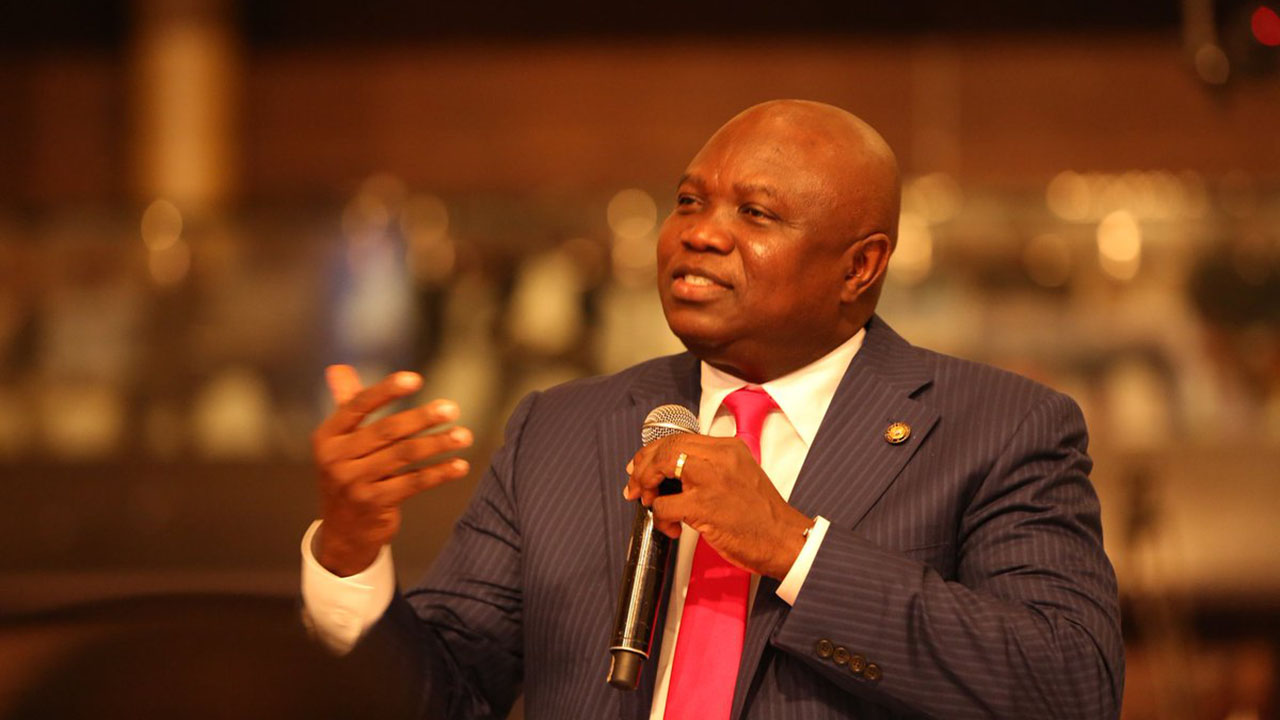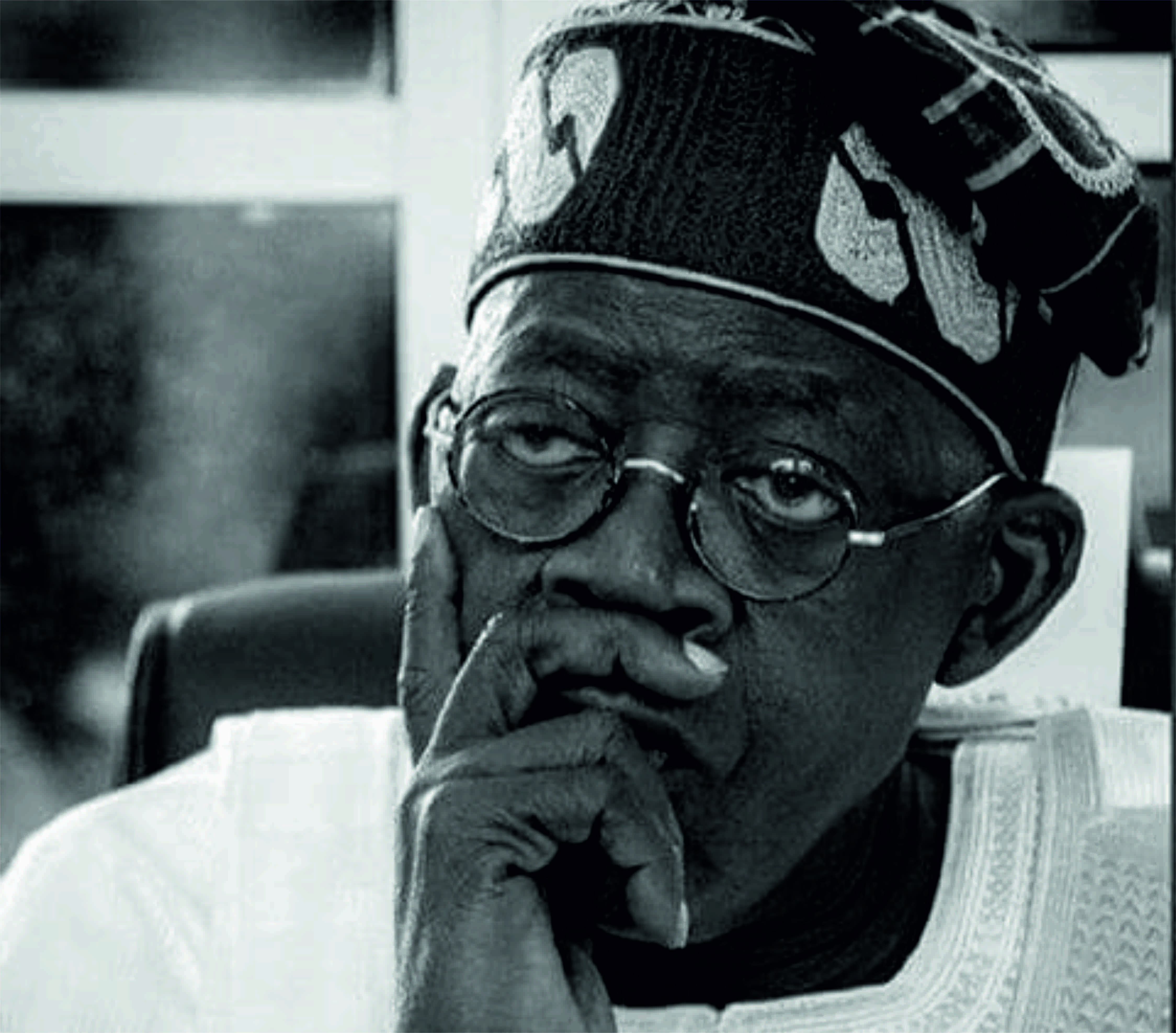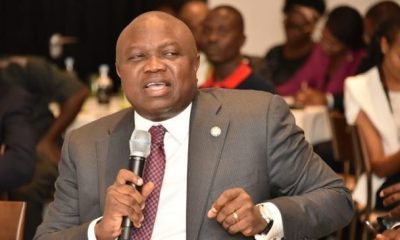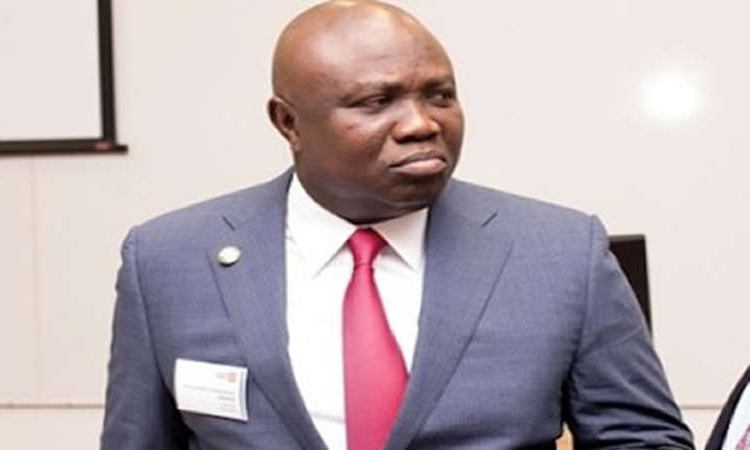One thing that probably, defines Ijeododo community in Iba Local Council Development Area of Lagos State is bad road. The uneven and gully-ridden roads stretch through the community, connecting each street and retaining water in potholes from every raindrop.
After a few months’ respite, many of the residents say they are bracing up for the coming rains with the usual trepidation and attendant muddle with their rain boots. They also added that business and social activities in the area were being threatened by the poor state of the roads, as many people are often discouraged from coming to Ijeododo.
The Chairman of Ijeododo Central Community Development Association (CDA), Are Babatunde, said being close to Iba, FESTAC Town and Jakande estates, has failed to give the community any expected edge because of its poor connecting roads.
“It is really affecting us; even people who have lands here are not ready to develop it, and some that have houses are not even ready to move in. Many of us have rain boots in readiness for the rainy season. Once it rains, the whole place is flooded and it will be impossible to bring a car in or out. That is what we go through every year,” he said.
A community leader and patron of Ijeododo CDAs, Olusegun Bajegbo, said hat several letters to the state government for rehabilitation have only met with “promises after promises. After waiting in vain, we have been able to help ourselves with some communal efforts on a few streets, spending close to N5 million, which is championed by Road Development Partners of Ijeododo headed by Pastor Segun Makinde.”
Ijeododo Road, a makeshift road and the only entrance to the community, which is sitting on an oil pipeline, managed by the Nigerian National Petroleum Corporation (NNPC), is as bad as any other road in the community.
Some of the roads that have been rescued with palliatives by the community are Ajaiye Junction, Unity Road, Baale Road, Olori-ebi Road, Adele Ajo link road, Ajileye Street, Ijegun Elemisho Road and Agaye Abule Ado link road.
Community leaders are, however, desperately seeking government’s intervention in their community, which according to them, the only visible presence of government since the return of democracy in 1999, is an uncompleted four-room primary school constructed by the LCDA.

 Featured1 week ago
Featured1 week ago
 Business1 week ago
Business1 week ago
 News6 days ago
News6 days ago
 Football1 week ago
Football1 week ago
 Football1 week ago
Football1 week ago
 Latest1 week ago
Latest1 week ago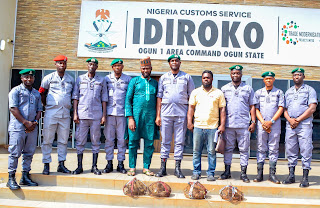
 Agribusiness5 days ago
Agribusiness5 days ago
 News5 days ago
News5 days ago
